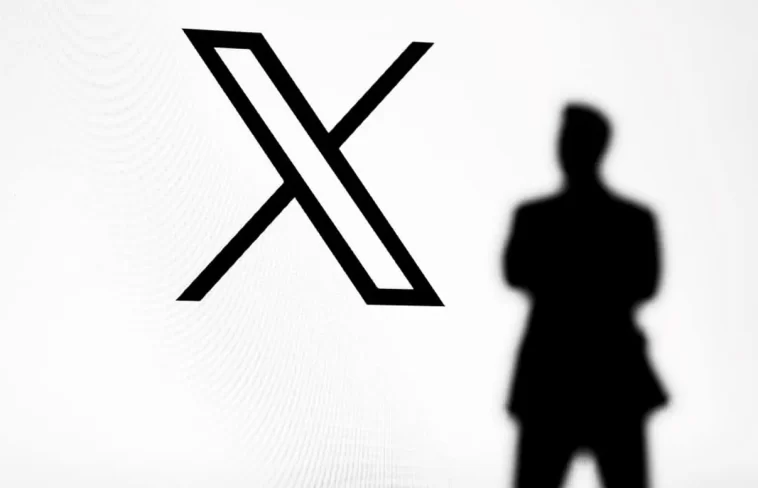X, the platform once known as Twitter, has started implementing a ‘Parody account’ label feature. The objective of this new rollout is to ensure these fun accounts are distinctly separate from the personalities or organizations they impersonate. This labeling feature unambiguously signals to the platform’s users that the content they’re interacting with isn’t genuine. Rather, it is comedic, or comprises commentary-based content intended for entertainment.
The ‘Parody’ label is not only meant for differentiating accounts, but it will also be stamped on individual posts. The notion behind this implementation is to supply an explicit indication about the origin of the content that users are viewing. This new feature aims to dispel ambiguity that may have been created in the past when users encountered posts from parody accounts.
In previous instances, users of X were in the dark, sometimes misconstruing content from parody accounts as legitimate, official communications released by the original entities or individuals being parodied. The unintentional confusion could create a wide array of misunderstandings and misinterpretations. Therefore, this distinct labeling is a positive step in clarifying the intention and authenticity of such accounts.
Beyond just individual user confusion, news agencies have also been victims of parody’s ambiguity. There have been instances where these parody representations mimic the agencies in ways that may unintentionally disseminate false or misleading information. This could lead to widespread misinformation, an issue that this new labeling policy seeks to assuage.
Complying with X’s Authenticity Policy is crucial to evade any possible violations. Users of these parody accounts are encouraged to voluntarily append their accounts with the appropriate label. Alternatively, they can incorporate terms like ‘fake’, ‘fan’, ‘parody’, or ‘commentary’ into their account names or bios. This further fortifies the unmistakable distinction between genuine and parody accounts.
The penalty scale for violating X’s Authenticity Policy can be quite diverse. It would likely depend on the degree of the transgression and the user’s past record of violations. It is noteworthy that X, through this detailed policy, aims to ensure the integrity and authenticity of the content on its platform.
Interestingly, X is not alone in its mission to delineate parody accounts from legit ones. Bluesky, a renowned competitor of X, unveiled a similar tagging system for parody or satirical outlets plus fan accounts back in November of the previous year. This corroborates the industry’s growing emphasis on transparency and the distinction of content.
Bluesky is not stopping at implementing transparent policies alone. In a move to solidify its commitment to user content authenticity, it quadrupled the size of its moderation team. The resultant larger team serves explicitly to enforce rules and take appropriate measures against accounts that breach its guidelines.
Previously at Twitter, which is now X, a blue check was used as a marker of verification for government entities, corporate accounts, and public figures. This badge was a symbol of authenticity, granting recognition and establishing trust among platform users. However, with the platform’s transition from Twitter to X, this verification system underwent a significant change under the stewardship of Elon Musk.
With Elon Musk at the helm, the renowned blue verification badge experienced an overhaul. Musk transformed this symbol of genuineness into a ‘premium subscription’ that came bundled with a host of additional perks. As a result, the former verification mechanism’s purpose and visibility underwent a drastic transformation.
However, this modification was not without its share of challenges. The refreshed verification badges, under Musk’s regime, found their way to imposter accounts. Consequently, this resulted in sparking confusion among platform users who were accustomed to the old system of blue checks equaling authenticity.
To conclude, the realm of social media is constantly evolving, with platforms like X and Bluesky striving to maintain a sense of authenticity and transparency. By implementing parody labels and expanding moderation teams, they aim to preserve the robustness of their platforms. This evolution, though fraught with certain hurdles, undeniably displays their commitment to foster an authentic ecosystem for user interaction.

